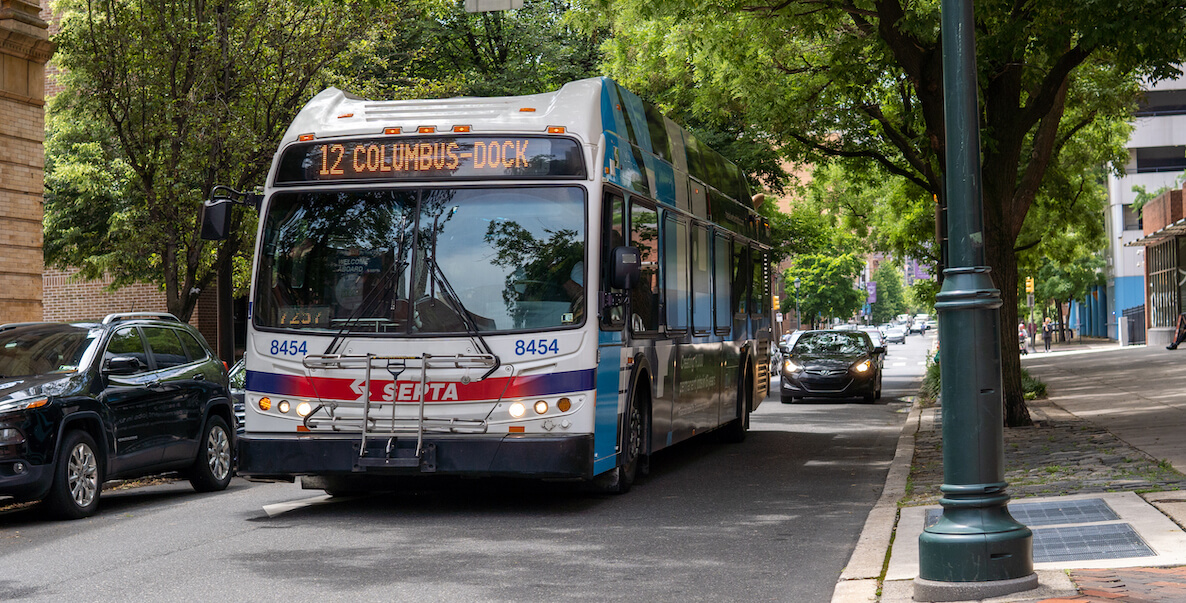Each day at Children’s Hospital of Philadelphia (CHOP) is busy: We provide care during 1.4 million outpatient visits and nearly 35,000 inpatient admissions every year. With more than 29,800 workforce members, CHOP is also one of the region’s largest employers.
And every day, thousands of patients and employees depend on SEPTA to get to our doors. That’s why our elected leaders must act now to avert SEPTA’s looming public transit crisis.
It’s encouraging to hear Gov. Shapiro say he will “not let SEPTA fail” — because allowing SEPTA to fail would mean failing our region’s most vulnerable children and families.
SEPTA officials are warning that a “death spiral” is almost upon us — a slow-moving public transit disaster that will start with painful fare increases and then deep service cuts. Higher prices and less reliable service will make it harder for thousands of CHOP employees to commute — not to mention the harm it will cause to our patients, particularly those with serious conditions and those whose families live on fixed incomes.
The budget passed by Pennsylvania lawmakers allocated $46 million to SEPTA, which is a fraction of the $240 million needed to maintain current services. Without additional funding, SEPTA predicts that fare hikes and reduced schedules could trigger a death spiral of reduced ridership and further fiscal crisis, hurting not just Southeastern Pennsylvania but the entire Commonwealth.
For many CHOP patients, reliable public transportation is more than a convenience. It is a lifeline.
Underfunding SEPTA will make daily life far more challenging for the thousands of CHOP employees, including me, who use SEPTA to get to work. But it will have profound and devastating consequences for the thousands of patients and families who rely on SEPTA to access vital health services at CHOP.
Many of these patients are among the most vulnerable in our region. They are living with chronic or rare conditions that require complex care they can access only at CHOP. For them, reliable public transportation is more than a convenience. It is a lifeline.
Fare hikes and schedule cuts could force patients to miss critical appointments, which research tells us leads to worsening health conditions, increased reliance on emergency departments, and a strain on already burdened healthcare systems. The most fragile members of our community — the sickest and those with limited resources — will bear the brunt of this crisis, but the ripple effects will touch everyone.
Investing in SEPTA is an investment in public health and economic stability. By connecting patients to healthcare and employees to their jobs, a robust public transportation system fosters economic development and supports a healthier community.
I urge lawmakers to recognize the critical role that accessible transportation plays in the health of our community and to allocate the necessary funding to ensure SEPTA can operate effectively. If our elected leaders fail to prioritize SEPTA, this crisis will threaten the health of our entire region, and we all will suffer the consequences.
Madeline Bell is the President and CEO of Children’s Hospital of Philadelphia.
The Citizen welcomes guest commentary from community members who represent that it is their own work and their own opinion based on true facts that they know firsthand.
![]() MORE ON PUBLIC TRANSIT
MORE ON PUBLIC TRANSIT




